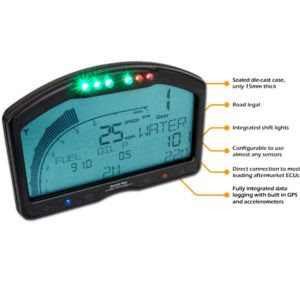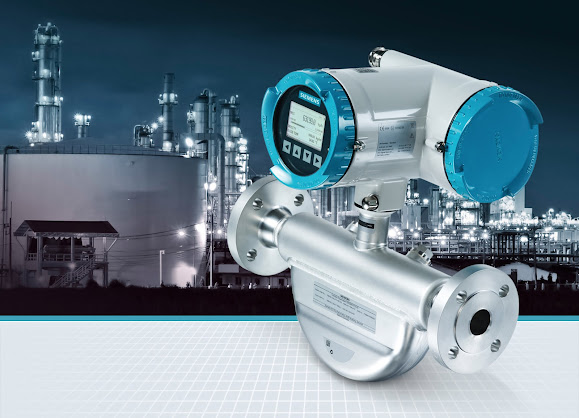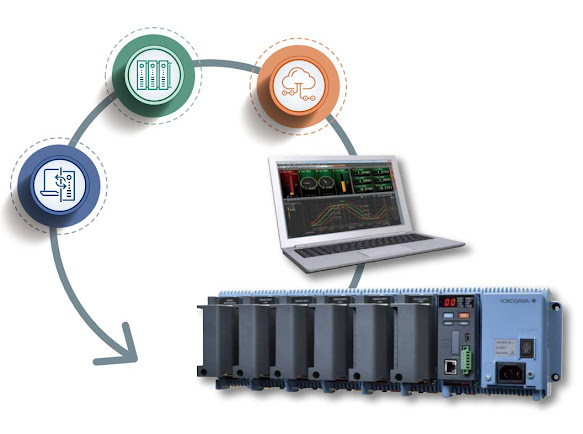Ultimate Guide to Choosing the Right Data Logger for Your Application
Data loggers are indispensable tools in various industries, from environmental monitoring to scientific research and beyond. With a plethora of options available in the market, selecting the Best data logger for your specific application can feel daunting.
Fear not! In this ultimate guide, we'll walk you through everything you need to know to make an informed decision.
Understanding Your Application Needs
- What type of data am I looking to collect?
- What environmental conditions will the data logger be exposed to?
- How frequently will I need to retrieve or access the data?
By identifying your needs upfront, you'll be better equipped to narrow down your options and find the ideal data logger.
Key Features to Consider
When evaluating data loggers, several key features should be on your radar:
- Measurement Parameters: Different data loggers specialise in recording various parameters, including temperature, humidity, pressure, voltage, and more. Ensure the data logger you choose can accurately measure the parameters relevant to your application.
- Accuracy and Precision: The accuracy and precision of a data logger can significantly impact the reliability of your data. Look for devices with high-quality sensors and calibration options to ensure precise measurements.
- Memory Capacity: Consider the amount of data storage required for your application. Some data loggers offer ample onboard memory, while others may require external storage options like SD cards or cloud-based solutions.
- Battery Life and Power Options: For applications in remote or inaccessible locations, battery life is paramount. Evaluate the data logger's power consumption and consider options for battery replacement or alternative power sources.
- Durability and Environmental Ratings: Depending on your application environment, you may need a data logger that can withstand harsh conditions such as extreme temperatures, moisture, or dust. Look for devices with robust construction and appropriate environmental ratings.
Choosing the Right Type of Data Logger
Data loggers come in various shapes and sizes, each tailored to specific applications:
- Standalone Data Loggers: Standalone data loggers are self-contained devices that operate independently, making them ideal for applications where portability and simplicity are key.
- Wireless Data Loggers: Wireless data loggers offer the convenience of remote monitoring and data retrieval via Wi-Fi, Bluetooth, or cellular networks. These are perfect for applications that require real-time data access or monitoring from a distance.
- USB Data Loggers: USB data loggers are compact devices that connect directly to a computer or mobile device for data retrieval and analysis. They are suitable for applications where frequent data downloads are necessary.
Budget Considerations
While it's tempting to splurge on the latest and greatest data logger, it's essential to balance your needs with your budget. Consider the long-term costs of ownership, including maintenance, calibration, and support services.
Conclusion
If you're still unsure which data logger is right for your application, don't hesitate to seek advice from experts in the field. Reach out to data logger manufacturers, distributors, or industry professionals who can provide guidance based on their experience and expertise.
With these tips in mind, you're now equipped to navigate the vast landscape of data loggers and choose the perfect solution for your application.
Remember, the right data logger can make all the difference in the accuracy and reliability of your data, so choose wisely!



Comments
Post a Comment